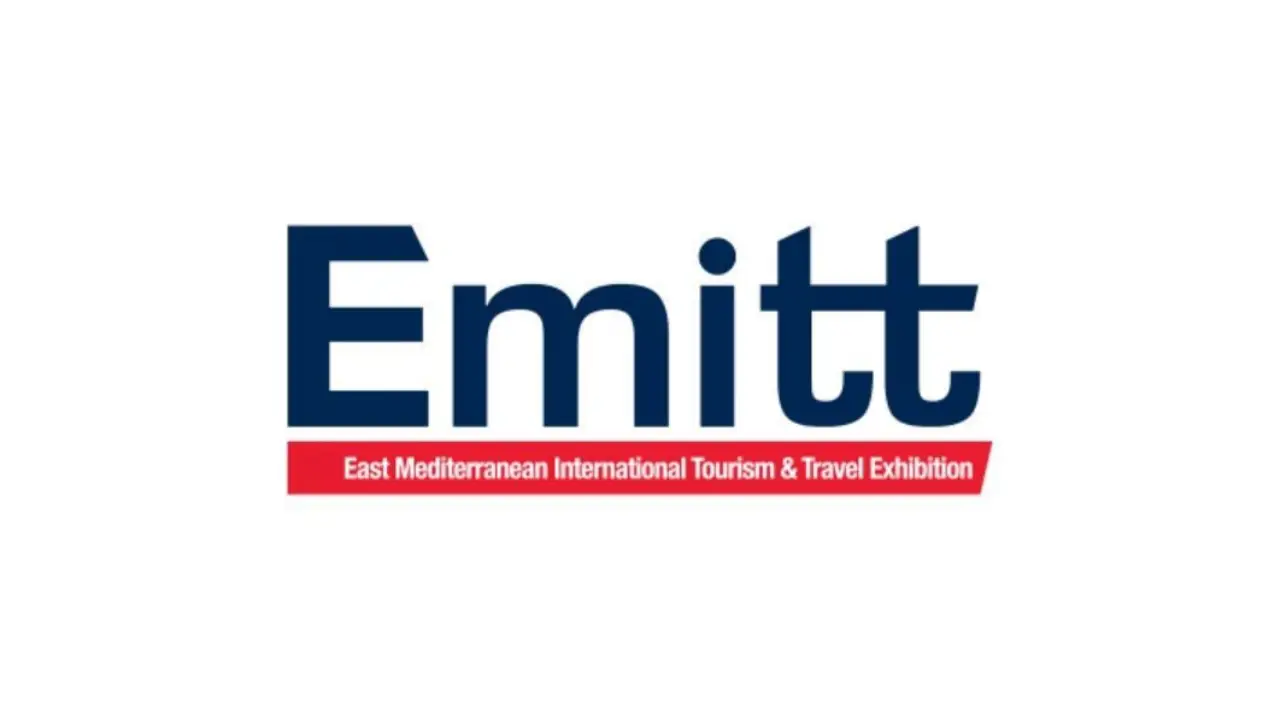The Turkish Grand National Assembly’s (TBMM) Planning and Budget Committee has approved a new legislative proposal, backed by AK Party MPs, concerning the tourism-based rental of residences and amendments to certain laws.
The proposal sets out procedures and principles for renting homes to individuals and legal entities for tourism purposes. It covers general principles related to tourism-based rentals, issuance of permits, administrative sanctions, and regulations that these rented homes will be subject to.
Rentals exceeding 100 days at a time are excluded from the proposal’s scope.
Before renting a home for tourism purposes, a permit will be required. Additionally, a plaque, whose specifications are determined by the Ministry of Culture and Tourism, will be hung at the entrance of the rented property.
The Ministry will have the authority to issue permits and can delegate this authority to governorships. The fees for permits and plaques will be set by the Ministry.
For permit applications, a unanimous decision by all owners of the building where the independent unit subject to the permit is located will be mandatory. In housing complexes with multiple independent units, only the building with the tourism-based rented home will be subject to this provision, and a copy of the permit will be provided to the site management.
In buildings with more than three independent units, permits can be issued for up to 25% of the units under the same landlord’s name. If the number of independent units subject to permit issuance exceeds five in the same building under the same landlord, the presentation of a business opening and operating license will be required.
The responsibility to obtain a permit will belong to the landlord. If the tourism-based rental activity is conducted by someone other than the landlord, these rentals can only be made through travel agencies certified under the Travel Agencies and Travel Agencies Association Law.
If the permit holder is a natural person and dies, the heirs must apply within three months. If the permit holder is a legal entity and it ceases to exist, the permit will become invalid, but the rights of the users will continue until the end of the contract period.
It will be prohibited for the users of the rented home to rent it to third parties for tourism purposes or for the tenant to rent it to third parties for tourism purposes. However, corporate users renting homes for tourism purposes can provide them to their employees.
Provisions of the Identity Reporting Law will apply to homes with a tourism-based rental permit. The permit holder will be responsible for reporting obligations.
According to an amendment accepted in the Committee, high-quality residences with multiple independent units that offer services such as reception, security, daily cleaning, health services, dry cleaning, laundry, transportation, dining, shopping, gym, and swimming pool will be exempt from certain permit requirements.
Administrative fines have been determined for those who rent without a permit and for permit holders. Fines range from 100,000 lira to 1 million lira, depending on the violation.
Müberra Eresin, President of the Turkish Hoteliers Association (TÜROB), expressed satisfaction with the law. She emphasized the importance of increasing inspections, preventing unfair gains, and ensuring safety and hygiene. She also highlighted the need for tax and certification applications to control the system and prevent unfair competition.
Eresin mentioned the significant increase in unregistered hotel activities through daily rentals, which negatively impacted hotel occupancy rates. She noted that there are nearly 60,000 homes rented this way. She also stressed the importance of having all global tourism-related systems in Turkey, including platforms like Airbnb, but emphasized the need for a legal framework. (AA – TÜROB)













